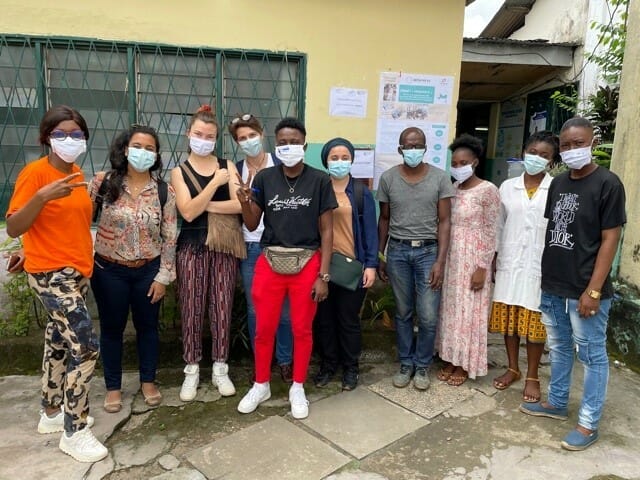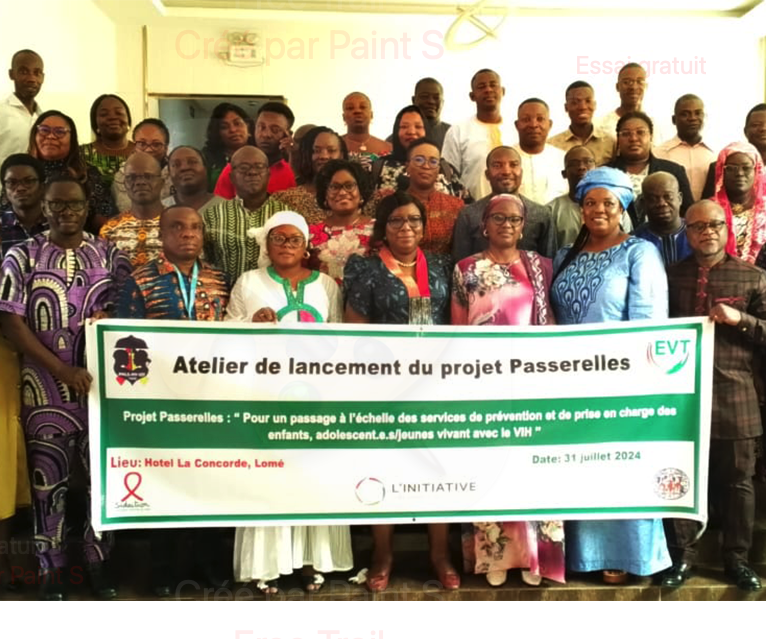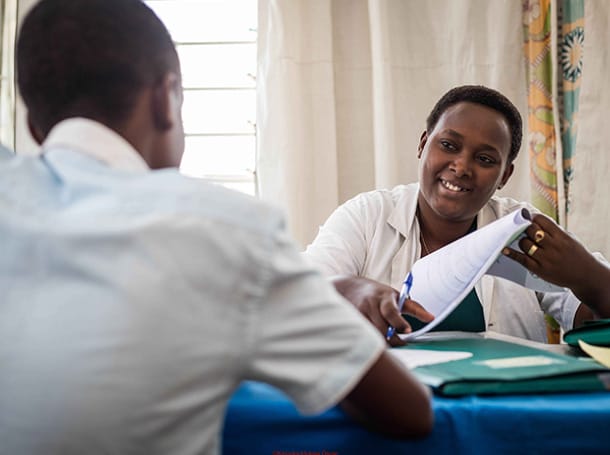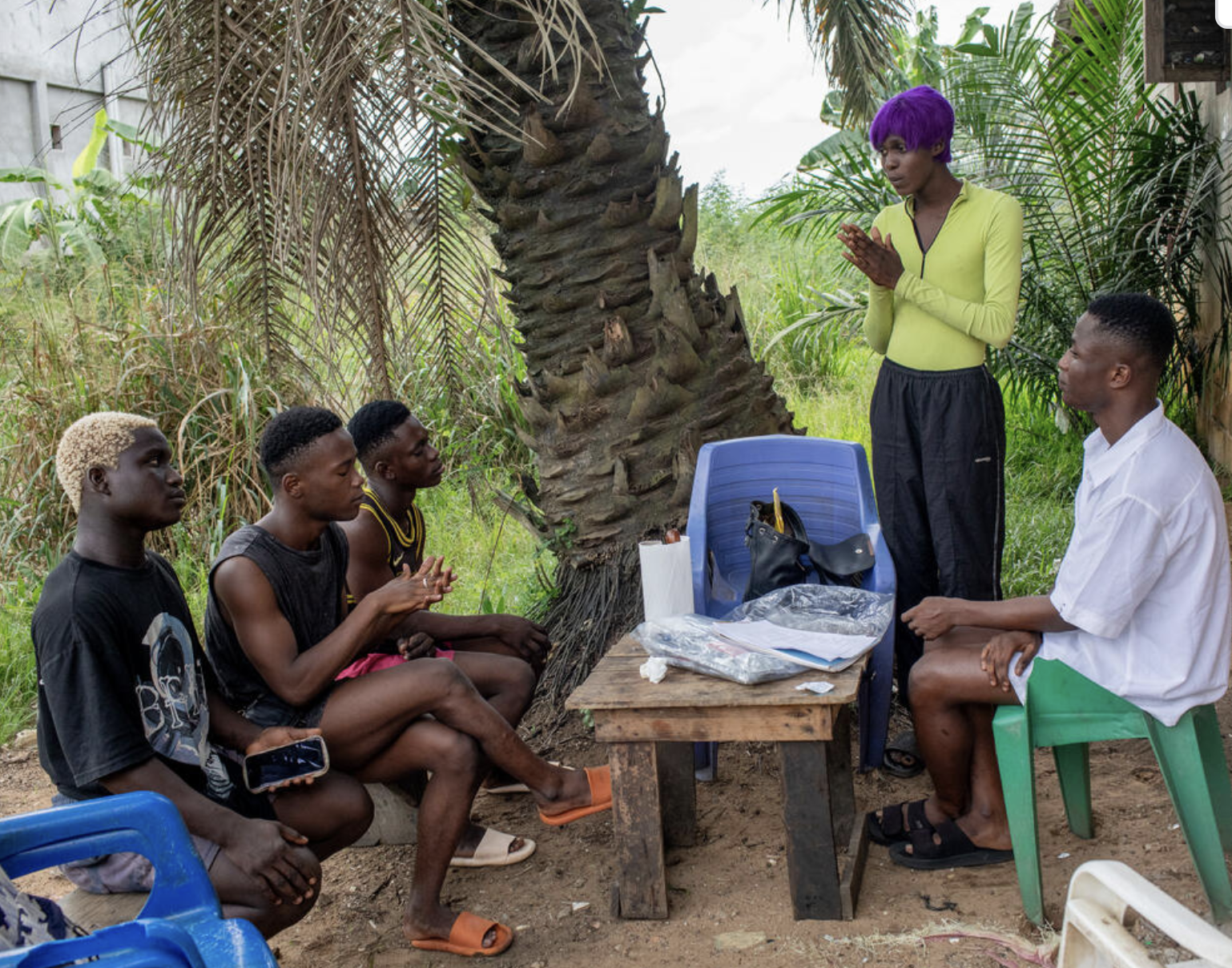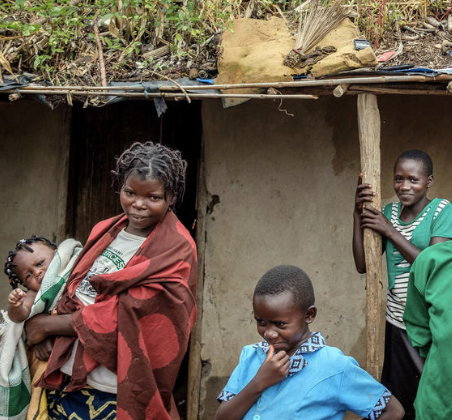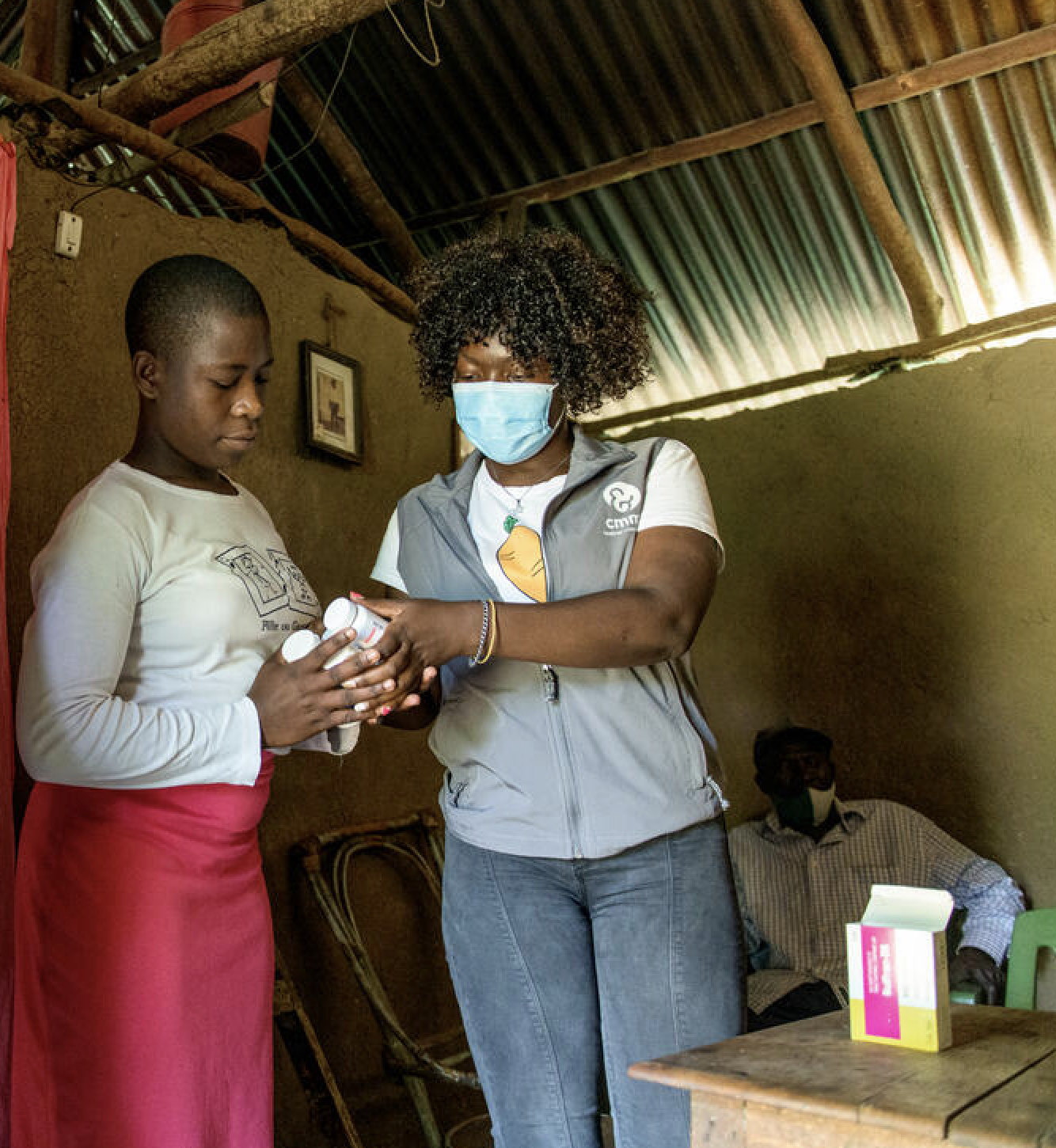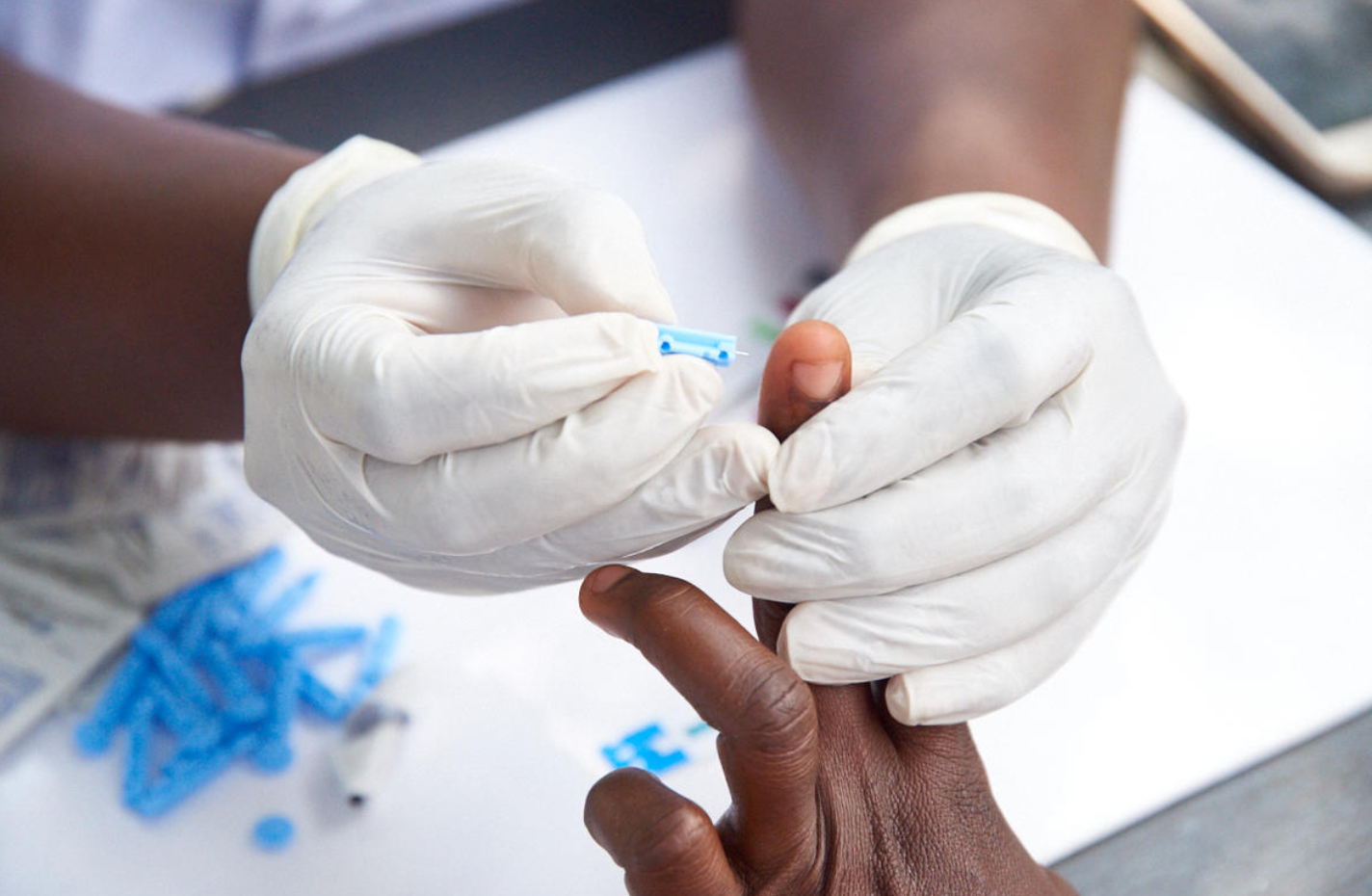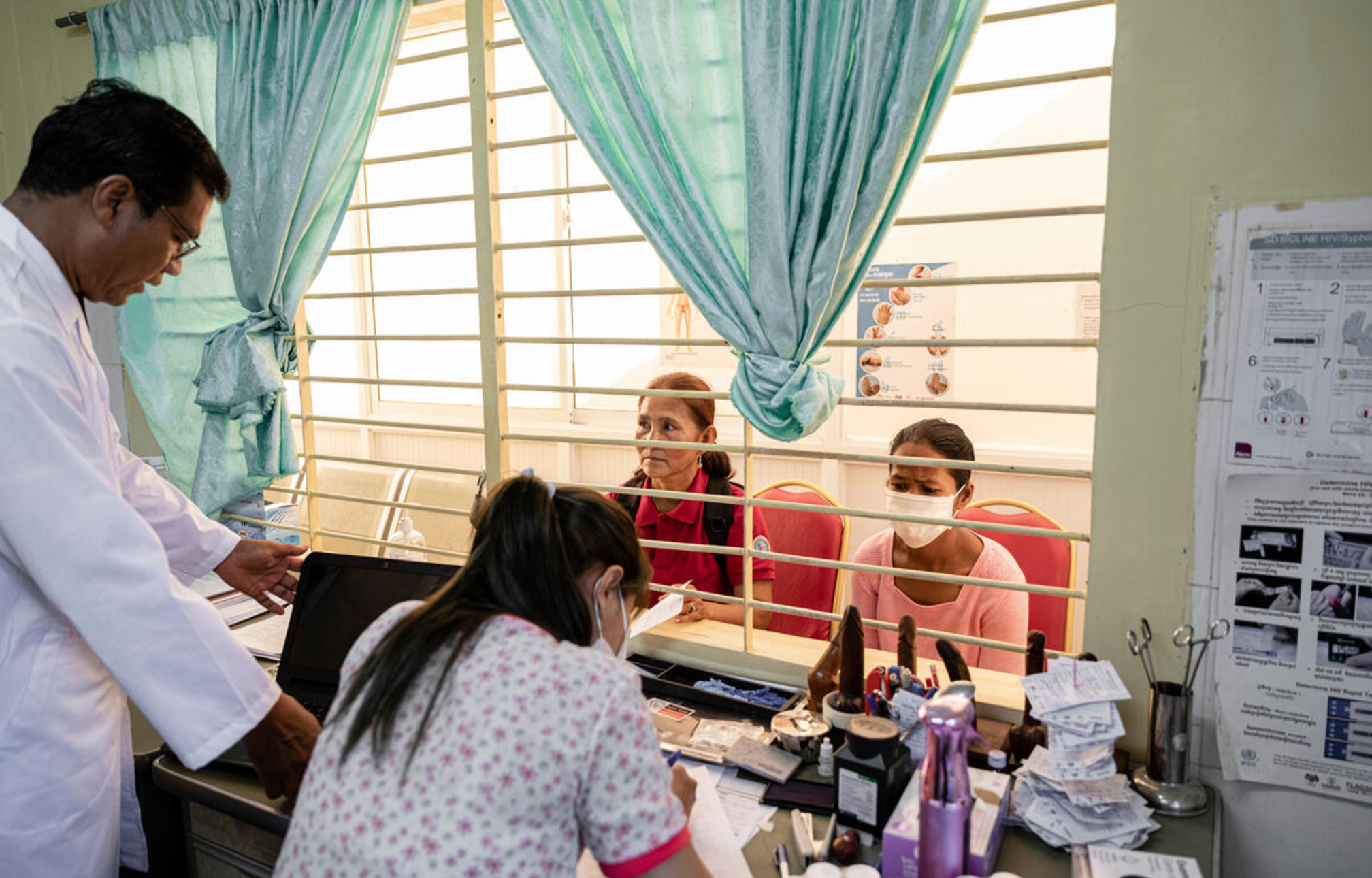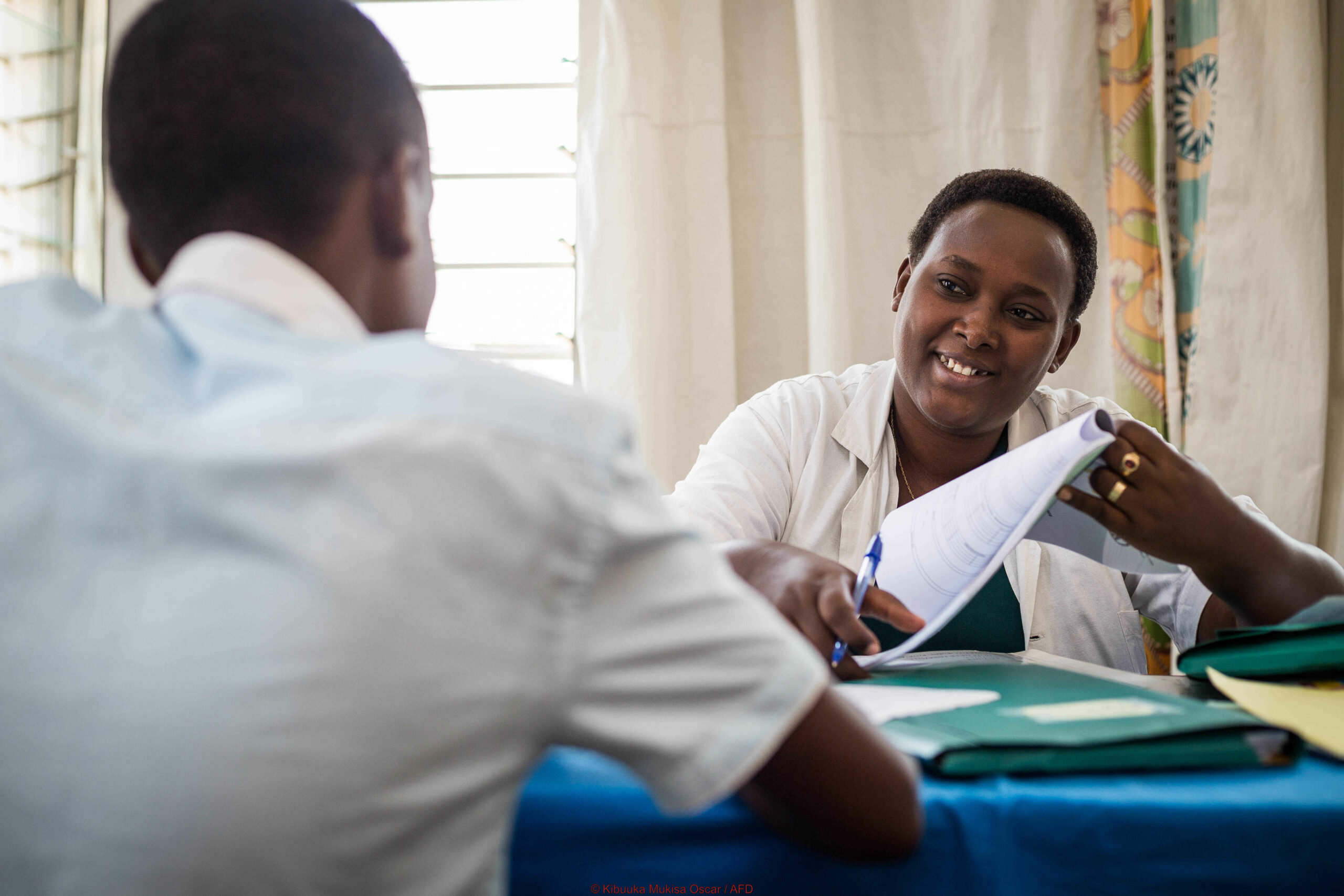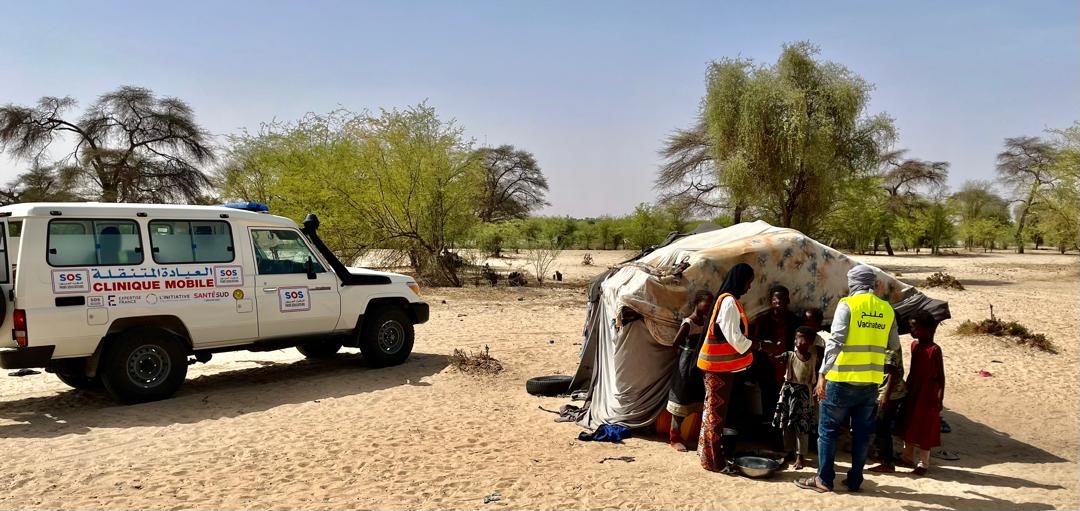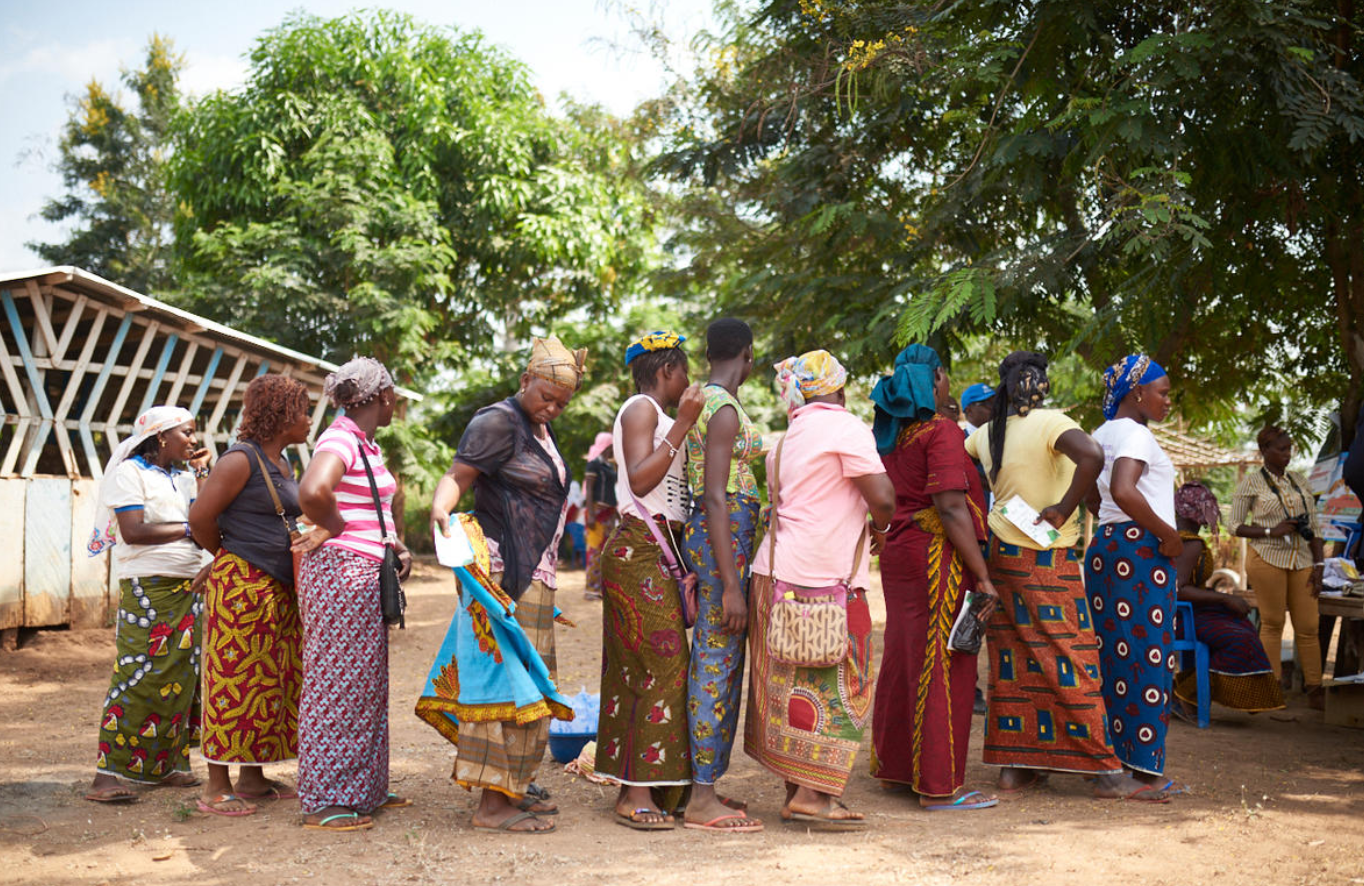Through the “Proximité” project, ALTERNATIVES-Cameroon hopes to be able to use the data collected and learn from this experience to inspire and support other community organizations to have improved knowledge and management of diseases and disorders affecting sexual minorities in Cameroon and in the region.
The “Proximité” project – Encouraging the emergence of referral stakeholders
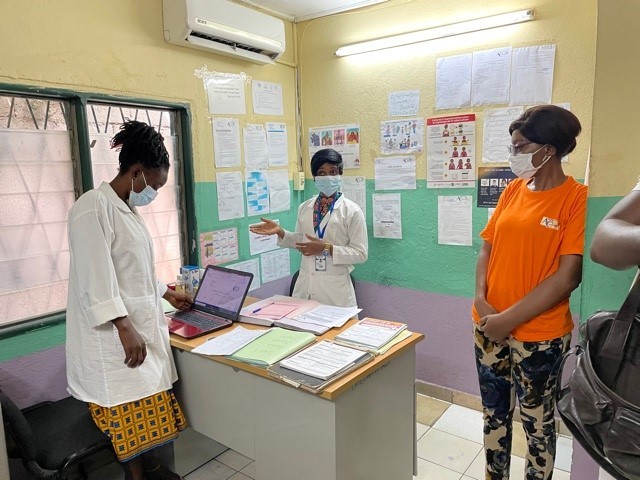
Providing comprehensive care in a safe space
Although significant progress has been made in this area, key populations continue to face many sociocultural, structural, and legal barriers that limit their access to healthcare facilities. There is a lack of targeted testing and retention interventions that meet their specific needs, as this requires trust rather than judgment. Therefore, there is still a high level of fear around the risk of being discriminated against. The role of community organizations is therefore crucial in this sense and is also valuable for monitoring LGBTI communities in Cameroon.
Through the “Proximité” project, work placements were organized to build the expertise of health personnel from CBOs on proctology, but also to train as many health personnel as possible in basic proctology consultations and the diagnosis and treatment of common anal disorders. Twelve doctors were trained in the detection and management of proctological disorders, and nearly 1,500 proctological consultations were carried out.
The “Proximité” project also aims to make the population aware of the existence of free proctology services through campaigns and by setting up a network of health personnel in CBOs and public hospitals to serve as focal points for gathering national-level epidemiological data. In this way, a database containing information on proctology consultations and disorders was developed in the context of the project. In the future, it could serve as a foundation to analyze this still underdeveloped disciplinary field in Cameroon.
Communicating effectively with CBOs
In November 2020, as part of the national HIV response month and the International Day for the Elimination of Violence against Women, ALTERNATIVES-Cameroon organized three days of campaigning through community days entitled “Relove,” during which there was widespread communications around key concepts, such as non-clinical testing, PrEP, proctology, and gender and sexual diversity. During these days, mini-conferences took place with panels that brought together doctors, infectious disease specialists, activists, and members of NGOs. Gender training was organized to design communication tools relating to proctology and non-clinical testing with participants. The NGO MOTO-ACTION, also a L’Initiative partner in Cameroon, was also involved in these “Relove” days to design posters and awareness posters for CBOs and hospitals.
Protecting and asserting the rights of minorities
Despite homosexuality being criminalized in Cameroon, the response to HIV among MSM has been included in national strategic plans (NSPs) since 2011. The 2018-2022 NSP also includes transgender people as a key population group. A security plan for key populations has also been developed to improve the environment for key populations in Cameroon. It was developed primarily by the Cameroon National Association for Family Welfare (CAMNAFAW) with funding from the Global Fund. The plan is very comprehensive but is difficult for community organizations to use. Based on this observation, as part of the “Proximité” project, ALTERNATIVES-Cameroon has therefore developed a simplified version of the plan and has implemented actions to improve knowledge and ownership of it by MSM and transgender people: deconstruction workshops, monitoring visits relating to the implementation of the security plan, and quarterly meetings on managing gender-based violence.
